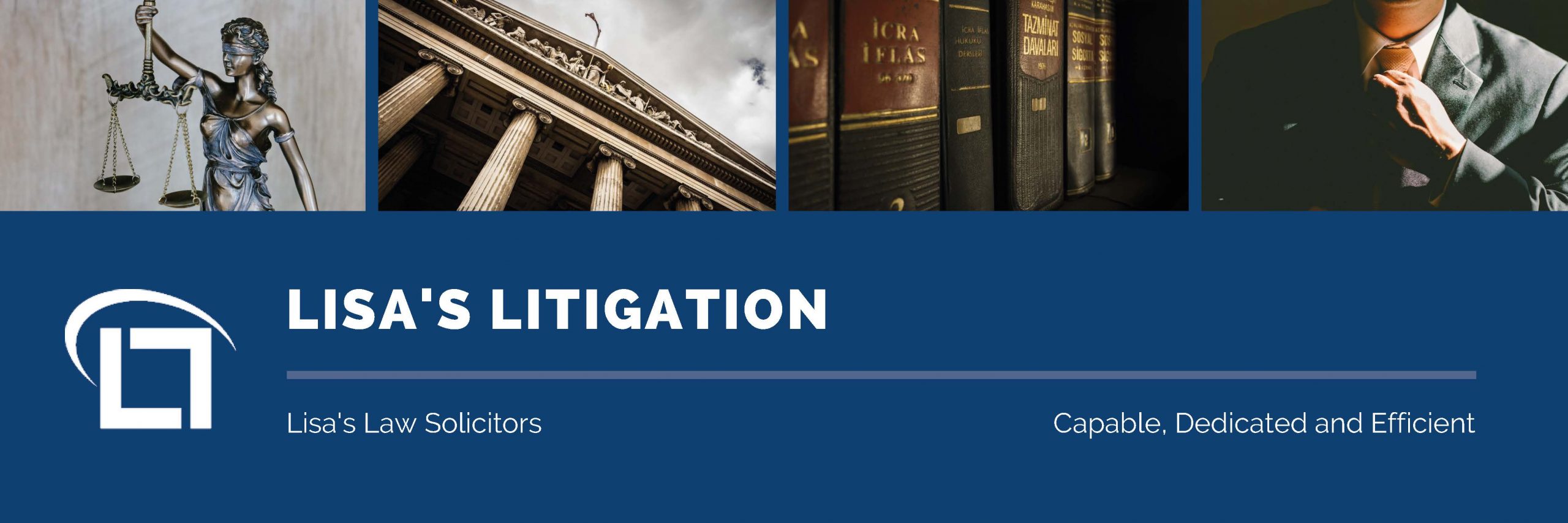In relation to family litigation regarding children’s custody, the general position is that the child’s usual residence should not be changed unless in exceptional circumstances. When considering the issue of usual residence, the Court will consider how long the residence has lasted and how well the child has settled down into the surroundings including schooling, socialising with friends and relationship with other family members. When dealing with such cases, the child’s best interest should always be the Court’s primary concern. If one party wants to relocate the child, he/she will have to prove that such relocation is in the best interest of the child and that there is sufficient education and care arrangement in place.
Such principle was once again confirmed by the Court in the case Re: A (A Child) (Relocation) {2020}, which can be found at the following link: https://www.bailii.org/ew/cases/EWHC/Fam/2020/2878.html
What was the case about?
The facts of the case can be summarised as follows:
The child, who we will refer to as ‘A’, is 2 years old and the only child of a British Algerian father and a Slovakian mother. The parents separated and the mother wished to return to Slovakia and take A with her. The father objected and wanted A to stay with him in England.
The mother claimed that the father was abusive towards her, however the father denied such claims. In fact, he claimed that the mother had been abusive towards him.
The father also claimed that the mother had wrongfully kept A in Slovakia back in 2019. The father applied for an order for her summary return and he obtained a without notice passport order, which was served on the mother during a mediation session in England in November. Shortly afterwards, the maternal grandmother brought A to England.
So, how did the Court decide the issues?
The father’s claims that the mother was aggressive and a danger to A were found to be untrue. Also, aggressive messages and photographic evidence of violence towards the mother were found on a phone, which gave the judge reason to believe that the mother was telling the truth while the father was not. It was decided that that father was more of a danger to A, as the mother has said.
What’s more, evidence suggested that the mother was the primary caregiver to A and that a strong bond had developed between them. The mother took care of A’s emotional and physical needs.
The issues that the mother were facing stemmed from the fathers control over her, and her financial insecurity which is part of the control. In Slovakia she would be with her parents, in the town where she grew up, with suitable accommodation provided at no charge to her. It would be a much more appropriate environment for A to grow up in, and the move would also help the mother be a better role model and caregiver to A.
When considering the Human Rights of the parents it was found that the relocation would involve a disproportionate interference with the rights of either parent under art 8 of the European Convention on Human Rights. The father would be allowed contact with the child, frequent video contact was deemed beneficial to A. The father’s Muslim roots were also considered, and A has the right to learn about her heritage, so contact with the father is still permitted.
Conclusion:
After hearing evidence from both parties, the Court granted the mother’s application and allow the child to permanently live with her in Slovakia. The Court based its judgment on its findings that the father was abuse towards the mother and that the child’s best interest could be harmed if the father was allowed to have the child’s custody.
In this case, the child was a British citizen, born and currently living in the UK. Her usual residence should be England. In normal circumstances, the mother will not be allowed to take the child outside the UK. However, the mother had successfully proved that not only she had made sufficient care and education arrangement for the child in Slovakia, but also it would be harmful to the child to stay in the UK with the father.
The outcome might have been different, should the mother only be able to prove either of the above and not both.
Have questions? We are here for you!
In the meantime, we are operating as usual, and you can reach us on 020 7928 0276 or email in to info@lisaslaw.co.uk for any questions you may have on this topic.
Or, why not download our free app today? You can launch a new enquiry, scan over documents and much more.
If you have an iPhone, follow this link to download.
If you use an Android phone, follow this link to download.
Find the link here if you need some further instructions on how to use our new app!






I don’t think the title of your article matches the content lol. Just kidding, mainly because I had some doubts after reading the article.